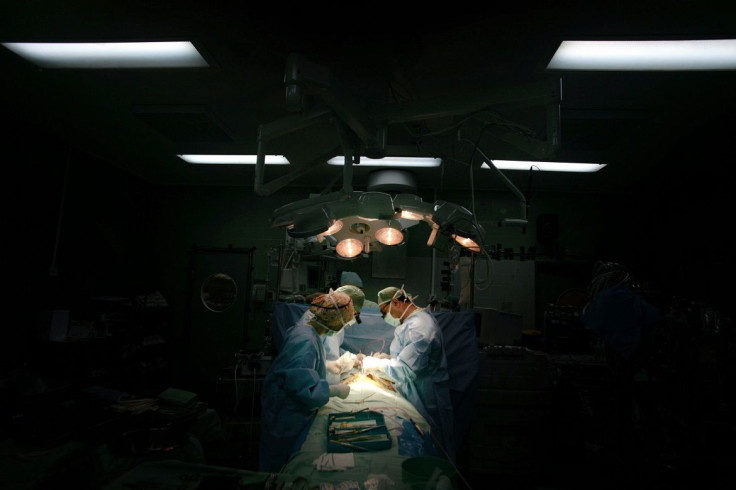Doctors say sexual activity safe for heart attack survivors

A new study reveals that physical activities, including sex, do not increase heart attack survivors’ risk of having another except in rare cases. Researchers from the Ulm University in Germany say their findings will provide clarity to previous limited and even contradictory data on the issue. The research, published in the Journal of the American College of Cardiology, shows that the amount of activity generated by sex is roughly equal to that of climbing two staircases or taking a brisk walk.
“Based on our data, it seems very unlikely that sexual activity is a relevant trigger of heart attack,” said study’s lead author, Dr Dietrich Rothenbacher, a professor and chairman at the Institute of Epidemiology and Medical Biometry.
In conducting the study, the team followed more than 500 people between ages 30 and 70, who had previously experienced one heart attack. The participants were asked to list down the sexual activities they recalled having during the 12 months leading up to their heart attack. Based on the self-report logs, it was discovered that just 0.7 per cent of the patients reported sexual activity within two hours before having a heart attack, while about 78 per cent of people reported they did not have any sexual activity 24 hours before the heart attack. This finding confirms observations that sexual activity might eventually trigger a heart attack only in a very small proportion of patients, the researchers claim.
The researchers also followed the participants over the next decade and found that while the participants reported a total of 100 cardiovascular problems, sexual activity was not a significant risk factor for these cases. Participants were controlled for a number of factors, including age, education, rehabilitation programme, smoking status, history of diabetes, heart function and cholesterol. In addition to their findings, the researchers also noted that people who were more sexually active were often younger, male, had less severe heart disease, were less likely to have diabetes and were more physically active.
According to the researchers, only few are getting information from doctors about sexual activity after a heart attack – less than half of men and less than a third of women. It is important, the team said, to reassure patients that they need not be worried and should resume their usual sexual activity. However, they caution that some cardiovascular drugs have side effects that result in erectile dysfunction and the risk of a drop in blood pressure. These effects should be clearly communicated to the patients as well, they add.
Contact the writer at feedback@ibtimes.com.au or tell us what you think below.






